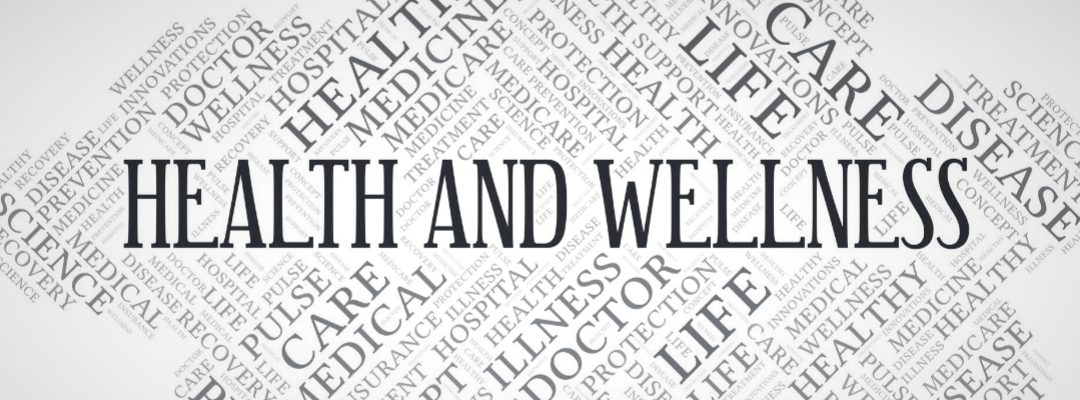Cancer prevention is literally just “action taken to lower the risk of getting cancer.” This includes things like not consuming carcinogens, living a healthy lifestyle, and actively monitoring for cancer. Early detection being key to increasing the chances of survival.
Carcinogens means something that is KNOWN to be capable of causing cancer.
Smoking being an excellent example. For sure, we all know you can get cancer from a carcinogen or you could not. It’s the roll of the die. Still, even if you don’t get cancer from a carcinogen, it still puts you at a higher risk, which makes it a good place to start for cancer prevention.
Lifestyle
Living a healthy lifestyle is more complicated than it sounds. On the surface, and the things which will give you the most bang for your buck are: eating a healthy and nutrient rich diet, staying physically active, and getting adequate sleep. There is a litany of different “diets” you could choose to do, but the most intuitive way to eat healthy to stop eating blatantly unhealthy foods.
For example, nobody is going to argue that removal of soda and junk snacks like candy, chips, high sugar, high salt food would give you a healthier diet. If you really wanted to dial in a healthy diet, nutritionist are worth their healthy weight loss in gold, especially when they are a covered component of most employee group benefit plans and can be accessed through your employee assistance program.
Rest
The research has shown that people who get less than six-hours of sleep per night have an increased risk of death and of developing cancer.
Exercise
Physical exercise has also been shown to decrease risk of cancer, with the Mayo Clinic recommending at least 30 minutes of physical exercise a day.
At the end of the day, even if you were to do all this and more, you could still develop cancer. Cancer is something that could affect anyone so if all else fails, getting regular check-ups from your doctor to check for cancer could potentially treat cancer before it gets really bad.
Your benefit plan offers a significant array of resources available to help you make the right choices for you and your family members. It’s there when you need it most and there even when you are being proactive.
Sources:
Walker, Matthew, “Why We Sleep”
Disclaimer: Please note that the information provided, while authoritative, is not guaranteed for accuracy and legality. The site is read by a world-wide audience and employment, taxation, legal vary accordingly. Please seek legal, accounting and human resources counsel from qualified professionals to make certain your legal/accounting/compliance interpretation and decisions are correct for your location. This information is for guidance, ideas, and assistance.






